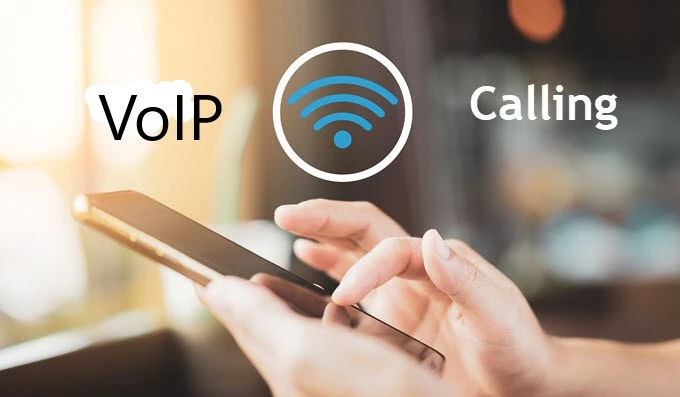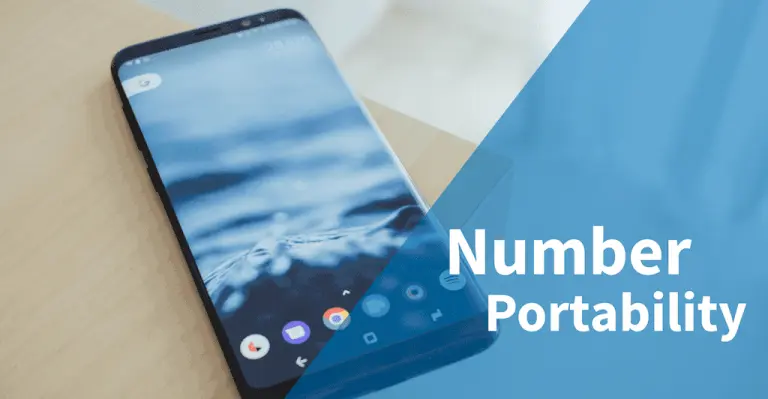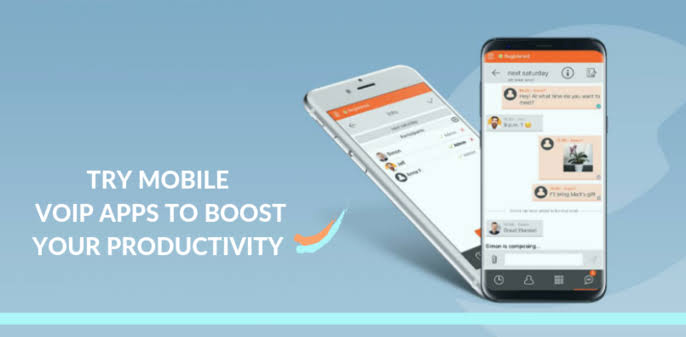
Top Telecommunications Industry Challenges & Risks in 2021
The telecommunication industry is in a transformational phase to adapt to the new cloud, IP telephony and technological trends. At first, communication technology was the focus that markets the first wave of information era, then came the internet phase that began around 2000. The industry realigned itself during this phase and came the time for portals and e-commerce. The cloud started to take shape in 2006 and that was the third phase of telecommunication industry transformation. The year 2019 was the era of cloud, a lot of new opportunities opened up for the providers. It’s evident that there is no escaping the cloud era and it is unstoppable. Other than new opportunities, the telecommunication businesses around are actually facing challenges in the era of cloud. New technologies such as Voice over IP, Virtual reality (VR), augmented reality (AR), microservice, Internet of things (IoT) and more require that telecommunication companies organise their business structure and strategy according to the era of cloud, in terms of architecture, operations and networks. Further, to get a competitive edge, providers have to focus on offering customised solutions to the customers while also developing a long-term relationship with them. However, we discuss the challenges let’s first look at the telecommunication trends to look forward to in 2021. Telecom Industry Future trends 2021 5G Networks: the 5th Generation of networks is the most recent iteration of the internet connection. The 5G network brings 3 huge upgrades to the table. If offers great speed for data, less latency for short load times and increases the ability to connect more devices simultaneously. It can allow more proficient and detailed virtual and augmented realities, totally autonomous vehicles, massive connected IoT networks and higher resolution video. The 5G is anticipated to change the future of telecommunication. Diversified ecosystems: just like the ecosystems function in nature, the industrial ecosystems are a network of cross-industry businesses that work together to produce a strong and advanced industry. The telecommunication industry is going to see a move toward making those lucrative ecosystems. According to research, in the next ten year ecosystems will unlock 100 trillion in value by unlocking the competitive agility. The telecom providers and IT businesses & Startup have the highest potential to come together in alliance. IoT and Smart Cities: the Internet of Things (IoT) is a network of connected devices that communicate with each other and can be monitored and controlled remotely. By the year 2022, there will be almost 30 billion IoT connected devices globally, a lot of which will be industrial connections, an important part of smart cities. The smart cities take IoT further by establishing an interconnected network which can be accessed online by residents, through a mobile app. A network like such can provide communication and data channels which allow subscribers to manage their daily activities efficiently, from corresponding with the government to finding a parking spot instantly. Smart cities main goal is to produce better living quality for their residents by streamlining the urban services such as transportation and energy through smart technology. But, before the promise of 5G networks, experts could not foresee the capacity to support the data a connected city can generate. Now that 5G networks are on the horizon, the major urban cities will be racing to be the first one to introduce their own smart city. Increasing popularity of UCaaS: in 2021 we will see the consolidation of communication technologies into unified communications as service platforms. Such platforms have the underlying Voice over Internet Protocol technology; however they provide more than voice calling capability. Other VoIP Features include conferencing, fax services, team collaboration and instant messaging. One advantage of UCaaS is the ability to centralise all online communication within one platform. Instead of having to buy video conferencing separately, businesses can invest in a single product that has it all. Artificial Intelligence: the Artificial Intelligence in telecom industry consists of a myriad of focus areas. Network optimisation and customer service are at the top of the list. This year some big implementations of AI will be in these spaces. Predictive analytics is a promising capability of AI technology, particularly for the telecommunication community. The AI-based analytics offer telecom provides the ability to use data and machine learning software to predict the trends in future along with the potential infrastructure snags. In addition, AI-based virtual assistants and chatbots will change the way companies handle customer services. They can automate the conversations and mimic human speech automatically, while also drawing data and insights to offer positive and personalised experiences. With the introduction of IoT networks along with 5G capabilities will make this easier and will enable businesses to collaborate effortlessly to advance these technologies across their networks. The telecommunication industry is a significant centre for cutting edge technology adoption. With the integration of AI technologies, the IoT and 5G networks, the telecom providers will continue to be at the forefront of technological development. Challenges in the telecommunication industry With the new technologies becoming available, the quality and variety of services from telecommunication companies and internet providers are increasing, the profit margins decreasing and the line between technology providers and telecom companies are blurring. Telecom companies must decentralise the purchasing and decision power, internally and externally, due to the agile reconfiguration of the cloud. The telecom companies need to take a fresh look at the ICT (information and communications technology) innovation and adapt their organisation to the digital revolution by making strong cross-functional interfaces and by looking at tools for maintaining organisational flexibility. The telecom companies have to upgrade their IT and connectivity structure and focus on offering voice and data services that are high quality, affordable and reliable. The cloudification of telecom networks is a significant trend that can help address some of the challenges faced by the industry, such as the need for high-quality, reliable data services and the management of increasing volumes of data from IoT devices. The network security has become a huge priority for the telecom providers and they are facing new challenges that are powered by new technologies. Hence, some of the technical and operational innovations are required to meet customer expectations of full system security from network-level until the device. Because of millions of users, a wide range of products like VoIP Services, customised and bundled solutions, order fulfilment, operational support like service configuration, billing and customer care have become increasingly complex. Therefore, the cost of managing these operations needs resources and different tools, in turn, increasing the financial overhead. Another challenge coming up for telecom companies and internet providers is the impact of the Internet of Things which is leading to massive growth in the connected devices. The growth is producing billions and trillions of new data sources, hence, it’s expected that such growth can push the data to be managed by networks to zeta bytes per year. Try a free signup with VoIP Business.









